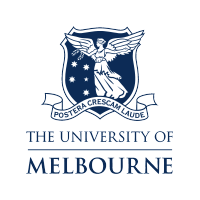A fundamental principle underlying the BCA program is that a thorough knowledge of biostatistical concepts and methods requires a sound mathematical understanding. To practise effectively as a biostatistician you must be able to read, interpret, evaluate and potentially implement published papers that propose new methods and software for statistical design and analysis. The language of these methods is mathematics.
As outlined in the entry requirements, the completion of courses in mathematics at university level is not required but applicants must have a proven aptitude for advanced mathematical work, indicated for example by a high level of achievement in high school or undergraduate mathematics. We appreciate that many people working in various health and medical related fields may not have specialised mathematical training; therefore the BCA program provides instruction not only in the application of biostatistical methods but also in their underlying mathematical foundations.
For this reason, the program includes two mathematically based foundation units (subjects, courses).
- Mathematical Foundations for Biostatistics (MFB) covers calculus, matrix algebra, essentials of probability theory, random variables and the manipulation of probability distribution functions.
- Principles of Statistical Inference (PSI) gives a thorough grounding in the core concepts of statistical inference including likelihood theory and parameter estimation.
If you have not completed courses in mathematics at university level you may find these foundation subjects challenging, however, once accomplished, you will have the tools to tackle the statistical concepts in subsequent units with confidence.




